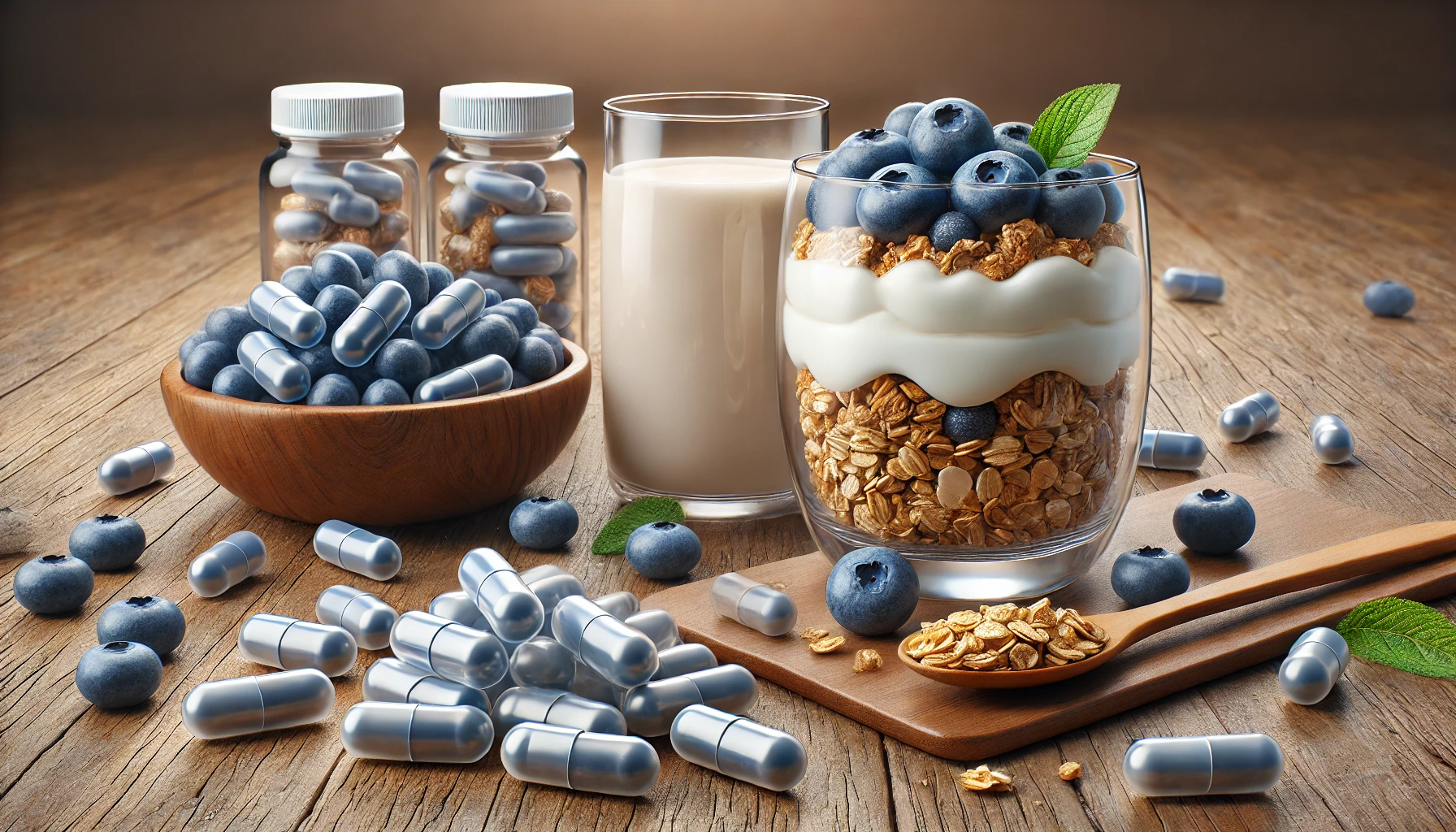Probiotics are a common supplement taken by people with irritable bowel syndrome. Despite their widespread use, the scientific evidence does not build a strong a case for a benefit. This consensus is based on 10 experts answers from this question: Do probiotics help with Irritable Bowel Syndrome?
Irritable bowel syndrome (IBS) is a common gastrointestinal disorder affecting around 10 percent of people. Symptoms of IBS include including abdominal pain and changes in the pattern of bowel movements. The cause of IBS is unknown, but environmental factors such as changes in routine, emotional stress, infection and diet can all trigger an attack.
Medication, diet and lifestyle are the main treatment options for IBS. There is good evidence that increasing the amount of fibre eaten to 10 grams per day will help, especially the more soluble form found in psyllium. In contrast, bulking up on more insoluble fibre such as bran can make IBS worse, rather than better. A low FODMAP diet is also gaining a lot of attention as a treatment option.
One emerging treatment for IBS is probiotics. We recently reviewed probiotics here and the evidence is mixed. There also is not a lot of clarity for which bacterial species and the form they are found in are best to use. This results in many people with IBS using probiotics by trial and error.
Seeking further resolution if probiotics should be a recommended option for IBS, the British Dietetic Association produced a systematic review on just that topic. Nine systematic reviews and 35 randomised controlled trials using 29 different probiotic formulations informed the conclusion. And the wash up was that no strain or dose-specific probiotic was consistently effective in improving any symptoms of IBS or quality of life.
The finding from the British Dietetic Association of very mixed evidence to support a benefit of probiotics in IBS seems to be in accord with many of our experts. Dr Raquel Abalo from King Juan Carlos University stated that different types of IBS do exist and the possible effect of probiotics to alleviate IBS is not clear. Clinical studies in this field do not offer a clear message and sometimes even when a benefit is seen, it is small in size and of questionable clinical benefit.
Dr Emma Allen-Vercoe from the University of Guelph noted that probiotic administration represents a low-risk strategy that some people find helpful for managing symptoms of IBS; however, the reported benefits are usually moderate and could potentially be a placebo effect.
So, a strikeout for probiotics? Not completely. Because of the large degree of variation in the studies done so far, there just is not enough clinical trials to build a case for any single strain or dosage. High-quality trials of probiotics in IBS are needed that focus in on just a few select strains.
For someone wishing to try probiotics to manage IBS, consider selecting one product at a time and then monitor the effects. And give the probiotic time to work; a minimum of 4 weeks at the dose recommended by the manufacturer is advised.
The Takeaway
Whether probiotics will help with IBS is controversial. The research evidence base does not provide a clear case that they will offer help to most people.
Learn more with Consensus AI Academic Search Engine:
🧘♀️What are the common symptoms of Irritable Bowel Syndrome (IBS)? 🏞️What environmental factors can trigger an IBS attack? 😩Can emotional stress trigger an IBS attack? 🌿What evidence exists for the use of soluble fiber like psyllium in treating IBS? 🌾Can increasing the intake of insoluble fiber like bran worsen IBS symptoms? 🏦How does the British Dietetic Association assess the effectiveness of probiotics for IBS? 🍶Do probiotics consistently improve symptoms of IBS? 😖Is the benefit of probiotics for IBS potentially due to a placebo effect?